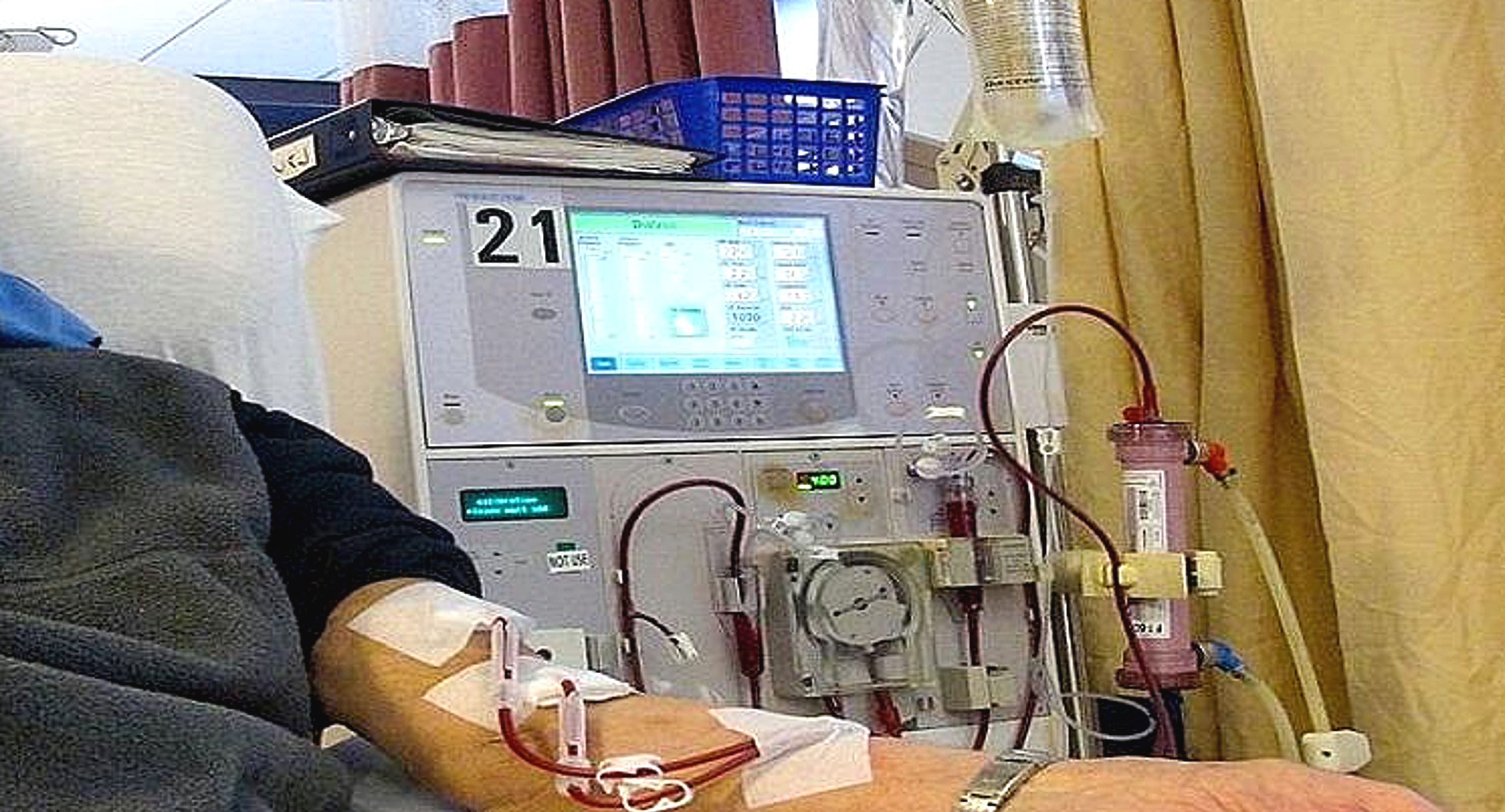"You will need a radical change of mind"
In our last week’s Column, we invited our readers to make a pledge to make a wholehearted effort in the New Year to regain their Health, if they were suffering from such noncommunicable disease conditions like diabetes, high blood pressure, heart disease or cancer.
We hope the present reader has made this decision and is ready to join us at METI so we can help you to reach this goal. But for that to happen, you will need a radical change of mind…
As a recent article on the subject noted: “In the context of our current healthcare system, citizens become patients in the literal sense of the word: patiently undergoing treatments instead of playing an active role in their own health care”. It is referred to as ‘P0 (P zero) medicine’ in which the ‘patient’ obediently follows the health care provider’s instructions. Ample evidence, especially in the field of lifestyle diseases, suggests that most externally imposed interventions are not sustainable.
A reorientation of health research and care is beginning to take place. Over the past 15 years, a unified view on health and healthcare has been developed, leading to the birth of the American College of Lifestyle Medicine and its international outreach component, the International Board of Lifestyle Medicine. The practice of Lifestyle medicine, which embraces health as a system that views the development of disease from health as a continuum is now being promoted worldwide.
At METI, we embrace the principles of such holistic health care approach, in which the patients take optimal control of all aspects of their own health, spanning all bio-psycho-social aspects and exploiting these assets toward what is called “P4-medicine” (Predictive, Personalized, Preventive, and Participatory).
The personalised aspect emerges from this new relationship between patient and health care provider: the latter becoming the ‘coach’, who encourages the patient to reach the ultimate goal of regaining their health. In this way, interventions for lifestyle-related diseases starting with (re)defining health and its underlying mechanisms lead to the ‘self-empowerment’ of the patient.
Such new orientation of health care is in line with METI’s efforts over the past 20 years of interactive life skills training at the grassroots level aimed at participants developing communication and problem-solving skills, ultimately leading to a ‘self-determined behaviour’. Once a person has developed – even after a relatively short training – such behaviour, in many we see the emergence of ‘self-efficacy’ (the conviction you develop that you can accomplish a task you have decided to take on).
METI’s trainers are constantly made aware of the power of self-efficacy in behaviour change: it is a common observation that participants, after attending METI’s Health seminar on Wednesday mornings, walk out of the conference room ‘two inches taller’ (as we call it) because they have suddenly made up their mind to follow the whole food plant-based diet (to reverse their NCD condition).
As the reader can appreciate, there is a vast difference between a diagnosis made by the health care provider that decides ‘you have cancer and you need chemotherapy’ to what is referred to as a “360° diagnosis” that provides input into the shared decision of patient and professional on how to act and why to tackle the medical condition.
In such an approach, there is an extension of the biomedical diagnosis to other factors, including personal motivation, diet or lifestyle preferences, contextual (such as environmental and social-economic) circumstances, health literacy and psychological stress levels in a person’s daily life. Ideally, all of these factors are taken into account in an integrated personalized treatment and lifestyle change.
The management of Type 2 diabetes offers a good example where the diabetic condition is expressed as a result of accumulated environmental pressures (wrong diet, very little physical exercise, disrupted sleep, and too much stress) in concert with genes that render individuals susceptible to the disease.
Reversal and cure of type 2 diabetes thus needs to focus on (1) biological reversal [i.e. using lifestyle as medicine], (2) on coping with the environmental pressures [i.e. behavioural change], and (3) on reduction of other pressures. The multifactorial approach taken by lifestyle medicine in relation to diabetes has been evaluated, taking all biological, economic, and societal aspects into account indicating that no single change will have any major effect, but that on the contrary, once a P4 medical approach is implemented, disease reversal is guaranteed.
We leave you with a lot of (healthy) food for thought. In the meantime, we invite you to visit METI’s Healthy Living Clinic at House No. 51 at Motootua (across from the Kokobanana Restaurant) and come and purchase METI’s whole food plant based (WFPB) Cookbook written in English and Samoan, which features 50 delicious WFPB recipes. Become acquainted with METI’s WFPB diet and Lifestyle Change program. You can call us at 30550.
Tags










